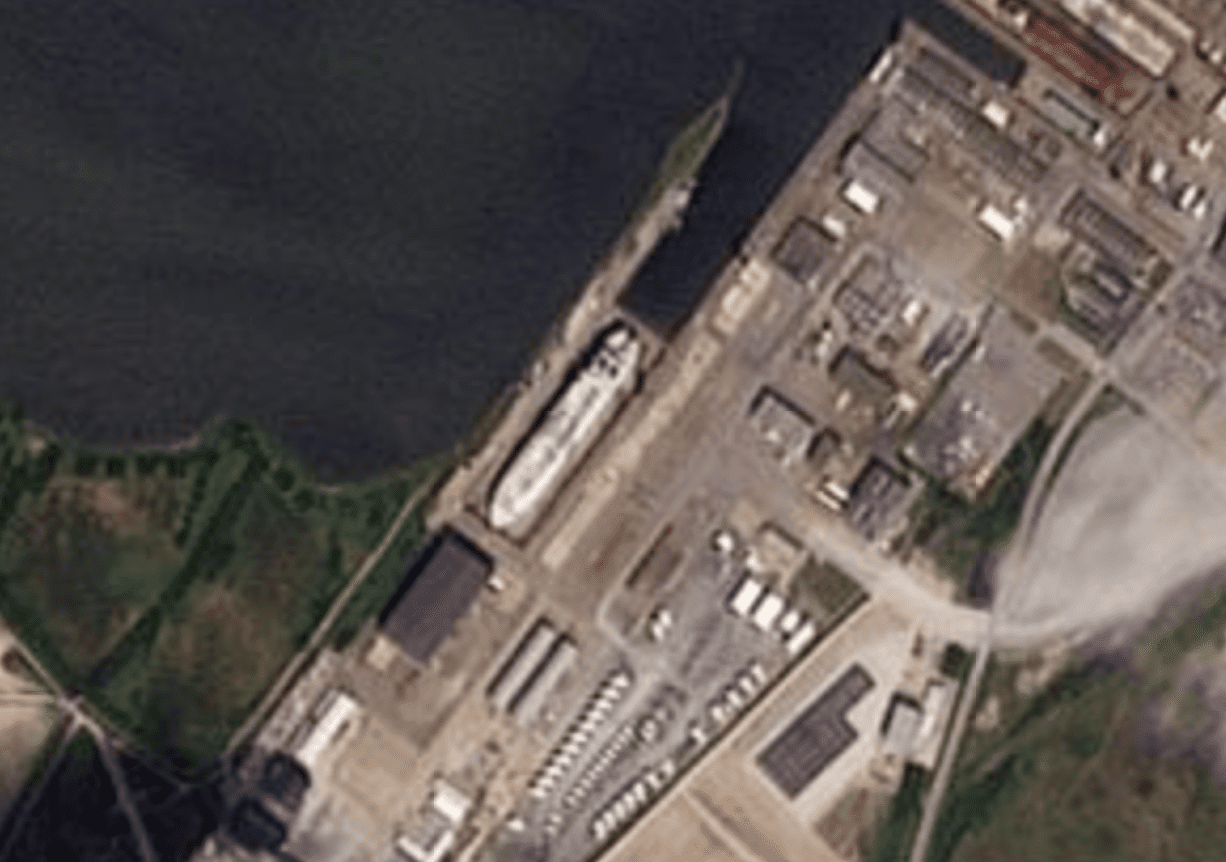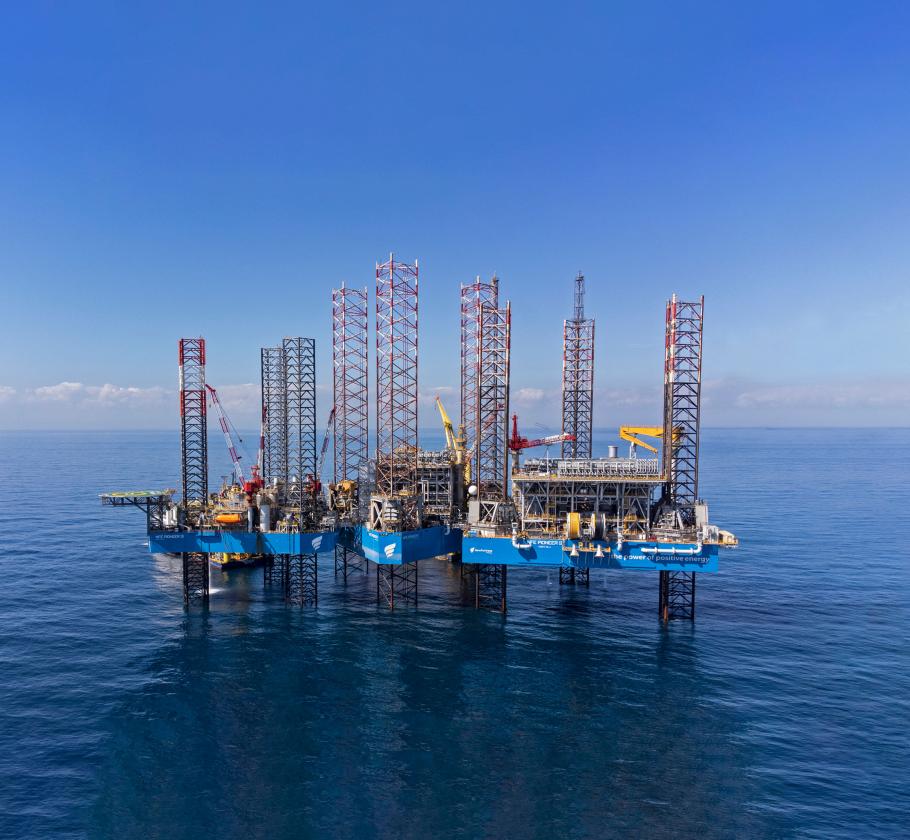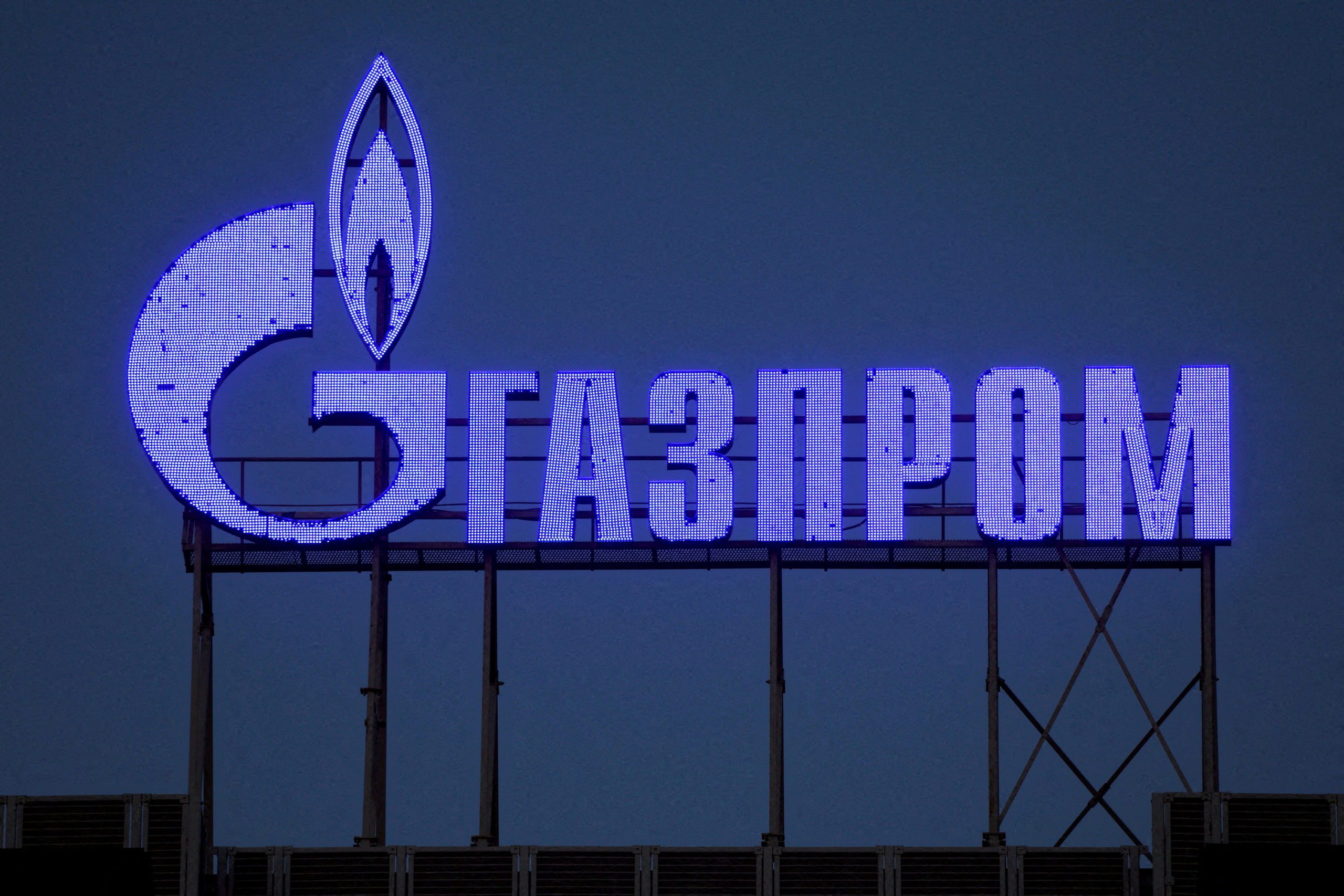LONDON, July 25 (Reuters) – Britain’s decision to authorise new licences for oil and gas exploration in the North Sea came under scrutiny at London’s High Court on Tuesday, as Greenpeace argued the government failed to assess emissions produced by burning extracted fuel.
The environmental campaign group says Britain’s failure to assess the greenhouse gases produced by consuming oil and gas – so-called end-use or downstream emissions – renders its offshore energy plan unlawful.
But lawyers representing Britain’s Department for Energy Security and Net Zero say ministers were not required to assess end-use emissions, though they nonetheless considered them.
Last year, Britain held its first oil and gas exploration licensing round since 2019, with a view to boosting domestic hydrocarbon output as Europe weans itself off Russian fuel.
Britain says domestic oil and gas production is key to its plan to improve energy security – and that doing so is consistent with its target of net zero by 2050.
However, Greenpeace argues the government should have assessed downstream emissions because the whole point of the new licensing rounds is to provide a secure domestic energy supply by extracting and then consuming oil and gas.
Its case is being heard against a similar challenge brought by campaign group Uplift, which argues Britain wrongly failed to consider not issuing new oil and gas licences.
Lawyers representing the Department for Energy Security and Net Zero argued in court filings that “any end use emissions from domestic oil and gas production would likely be consistent with the UK’s net zero targets”.
(Reporting by Sam Tobin; additional reporting by Shadia Nasralla; Editing by Sharon Singleton)
(c) Copyright Thomson Reuters 2023.

 Join The Club
Join The Club












